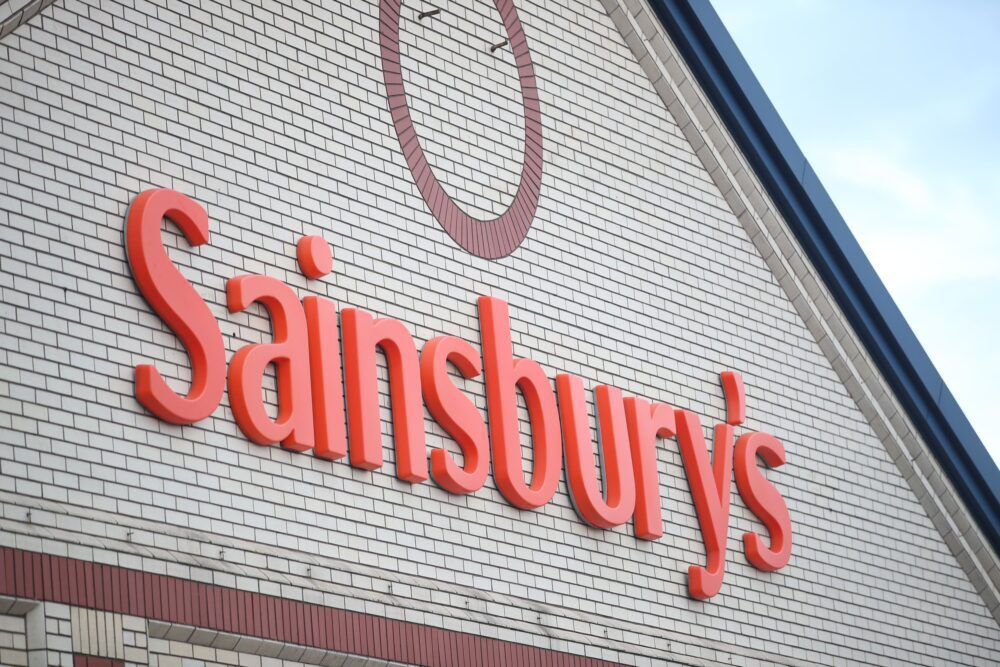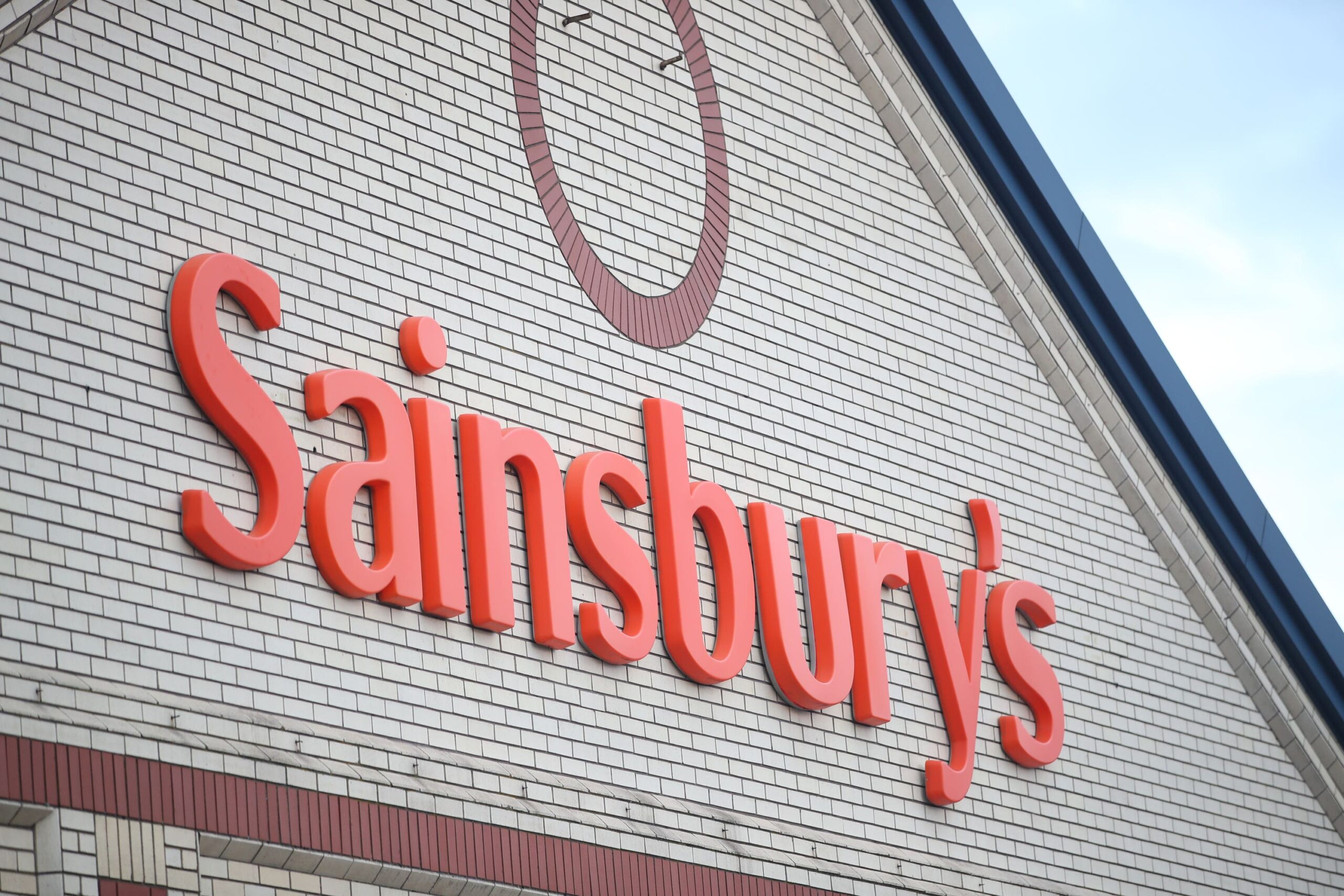Sainsbury’s is set to reveal how badly profits have been hit by supply chain strains and inflation pushing up costs across the business.
The grocery giant reported a rise in online sales of 1.6% for the first four months of the year.

Analysts say that Sainsbury’s will be relying on further online growth to escape the worst effects of rising costs at the grocer’s half-year results on Thursday.
Analysts at UBS said they were expecting pre-tax profits of around £355 million for the first half of the year, rising from £301 million for the same period in 2020.
But inflation and strains across the supply chain are expected to begin biting into profit margins.
Matt Britzman, equity analyst at Hargreaves Lansdown, said: “Sainsbury’s finds itself in a tricky spot with pricing. Inflation is pushing prices up, but the group is trying to keep them down in line with the pledge to improve its value position.
“Online sales continued to improve in the last quarter. It’s important this trend continues. If it doesn’t, the extra costs associated with adding online capacity add up to another drag on margins.”
Sainsbury’s chief executive Simon Roberts wrote to customers yesterday to reassure them that there would be plenty of products available in stores this Christmas despite the challenges in the supply chain.
He said: “We are confident that, even if the exact product you are looking for isn’t available, there will be a good alternative.”
Sales at Argos, which Sainsbury’s has owned since 2016, are also expected to have been affected by the freight crisis. Argos sales were down 3.7% for the 16 weeks to June and dragged on the overall performance of the business.
Clive Black and Darren Shirley, analysts at Shore Cap, said: “We remain a little concerned as to how Argos maybe facing into higher freight costs and the possibility of lost sales due to cargo not landing in the UK in time for Q4 FY22.”
Investors will also be watching the performance of Sainsbury’s Bank closely after bosses rebuffed interest from potential buyers in September.
Sainsbury’s board said retaining the bank offered better value to shareholders, and they will be keen to see whether this optimism has been realised.
Mr Black and Mr Shirley said: “Sainsbury Bank has appeared somewhat peripheral to the core strategy of the Group for some time, noting that the days of supermarkets being real challengers to the position of the mainstream domestic banks had sailed by long ago.”

















